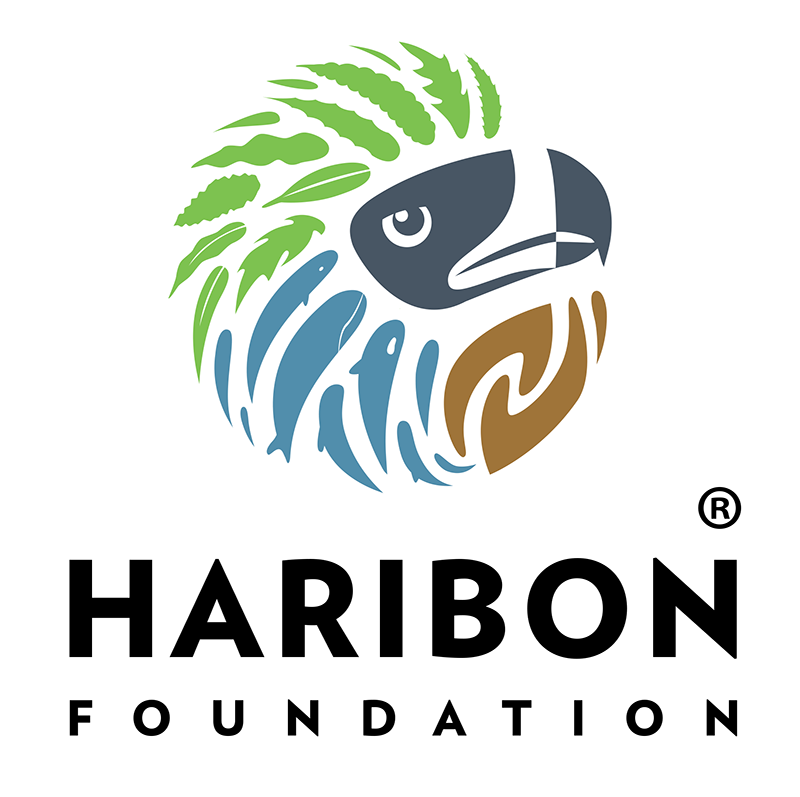n June 2014, the European Union slapped a 'yellow card' warning to the Philippines because of the latter’s token response to ‘illegal, unreported and unregulated’ fishing (IUUF). Learn more about why he must sign it.
By Mr. Dennis F. Calvan
NGOs for Fisheries Reform, Inc.
January 2015
In June 2014, the European Union slapped a ‘yellow card’ warning to the Philippines because of the latter’s token response to ‘illegal, unreported and unregulated’ fishing (IUUF). The EU warned that if the Philippines continue to sit on issues such as lack of traceability mechanism for exported fishery products like tuna, which accounts for 40% of imports by the EU and weak vessel monitoring system, Philippine fishery products shall be banned from the huge European market. This market ban entails more than 100,000 loss in domestic jobs and US$230 million worth of export value.
One of the requirements of EU is for the Philippines to revise its more than a decade old Fisheries Code in order for it to comply with modern international laws and to strengthen the regulatory functions of the Bureau of Fisheries and Aquatic Resources. In fact, several non-government organizations, community-based organizations and members of the academic circle pushed for the review of Republic Act 8550 in the 14th and 15th Congresses to no avail. It was only during the 16th Congress under the leaderships of Congressman Benhur Salimbangon of 2nd district of Cebu and head of the Committee on Aquaculture and Fisheries Resources in the House of Representatives and Senator Cynthia Villar of the Committee on Food and Agriculture that the amendments to the Fisheries Code saw the light of the day.
Many fisher people will benefit from a revised Fisheries Code due to its focus on sustainable and legal fishing methods. Photo: Ateneo de Manila University / Haribon Foundation / Newcastle University.
Some groups opposed the amendments particularly by the Alliance of Fishing Federations in the Philippines. The group contend that the amendments shall kill the fishing industry because of the exorbitant fines imposed on illegal fishing. This argument rather puzzled so many of us since given the circumstances, it is right to assume that we need to stop illegal fishing practices by all means necessary. The illegal act itself is killing the fishing industry. Illegal fishing is a serious crime against the environment and against humanity that should be met out with severe punishment under the law. Moreover, in order to exact voluntary compliance, the Philippine State needs to make sure that paying for penalties is more expensive than venturing into illicit fishing activities. Penalties should be more than the economic benefits gained from illicit ones to deter violators from repeating the crime.
Unreported fishing, on the other hand, should likewise be equally addressed. Fishing vessels should religiously document and report their fish catch to provide the government on the volume, fish species caught and their point of origin. Undocumented fish catch distort the real conditions of our finite coastal and marine resources.
The President should sign the amendments to the Fisheries Code because it is the right thing to do. By putting his signature on it, he is actually sustaining the lifeline of an estimated 1.6 million fisherfolk who depend directly on the sea for livelihood and sustenance. For the past several decades, highest poverty incidence has been recorded in the fisheries sector. Lower fish catch due to heavy exploitation of important fishing grounds translates into lower income from fishing. The National Stock Assessment Program (NSAP) by BFAR indicates that 10 out of the 13 fishing grounds in the country are already heavily exploited.
The President should sign the amendments to the Fisheries Code because it is beneficial to all. Healthy ecosystems and productive fishing grounds means more fish to catch and more income from fishing. All of these will benefit not only the fishing operators but also the fish workers and municipal fisherfolk. By ensuring that effective fisheries management tools are in place and fishery laws are enforced, President Aquino will leave a lasting legacy that fish shall be served on the table for the present and future generations.
For more information about the Fisheries Code please contact Dr. Margarita N. Lavides, Manager of the Research Department of Haribon at research@haribon.org.ph
